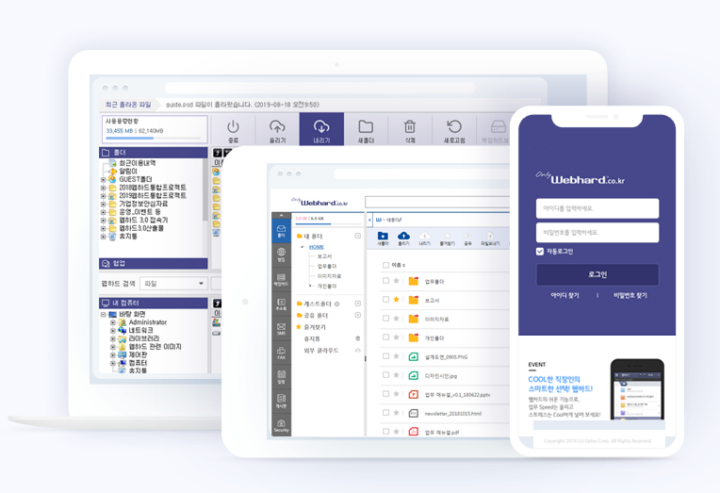KT Corporation, a major South Korean telecom provider, was recently found to have intentionally infected over 600,000 users with malware due to their use of torrent services. Torrents are a method of distributing files over the internet. This was discovered by a Korean news organisation JTBC after a thorough investigation.
The issue began in May 2020 when Webhard, a Korean cloud service provider, received numerous complaints from users about unexplained errors. Webhard’s Grid Program, which relies on BitTorrent peer-to-peer file sharing, had been compromised, according to Tom’s Hardware.
BitTorrent is a file transfer protocol, while peer-to-peer is where two individuals interact directly with each other over the network, without intermediation by a third party.
The malware caused several issues on users’ PCs, including the creation of strange folders, making files invisible, and completely disabling the Webhard program. In some cases, the PC itself became unusable due to the malware, says the report.
A malware is a software that is specifically designed to disrupt, damage, or gain unauthorised access to a computer system.

Upon further investigation, it was discovered that all affected users were KT Corporation subscribers.
Police traced the source of the malware to KT’s own data centre south of Seoul. Thirteen individuals, including KT employees and subcontractors, were charged in connection with the malware attack.
KT admitted to directly planting the malware on customers using Webhard’s Grid Service, citing it as a necessary measure to control the situation.
The report stated that Webhard and KT had previously clashed over the latter’s use of Grid Service. While Webhard saved costs by allowing peer-to-peer data storage and transfer, KT’s network struggled to handle the massive number of Grid Service users.
Legal disputes arose, culminating in a judicial decision favouring KT. The court found that Webhard failed to pay network usage fees to KT for its peer-to-peer system and did not adequately inform its users about the workings of the Grid Service. Consequently, KT’s decision to block Webhard’s network traffic was deemed justifiable.








